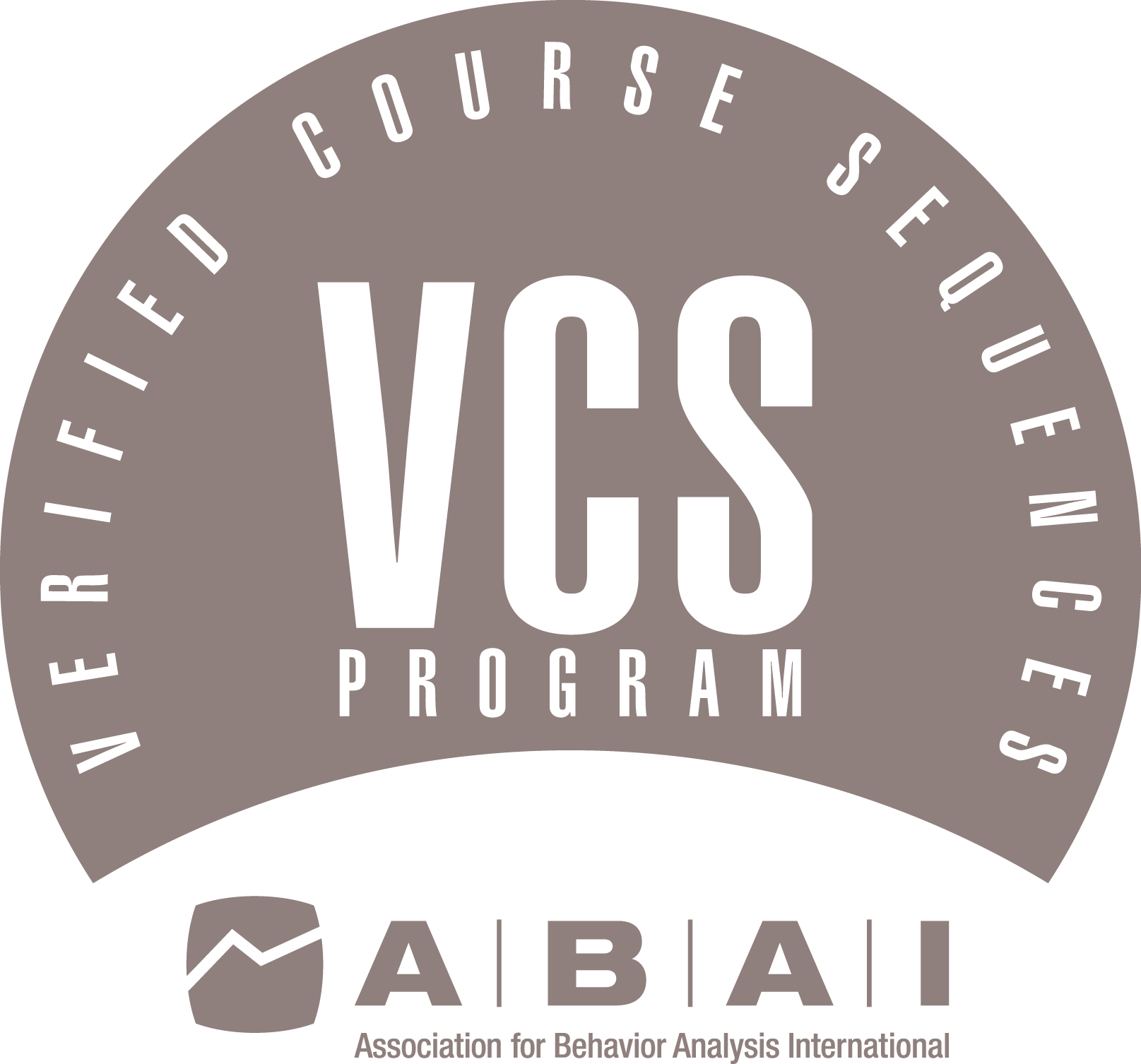 Join a community of scholars whose mission is to deliver high-quality behavioral services under challenging, real-world conditions and develop and extend behavioral technology to improve the lives of individuals with disabilities. The program is housed within the U.S. News & World Report No. 1 ranked Department of Special Education, home to groundbreaking research, innovative practices, and widely used methods.
Join a community of scholars whose mission is to deliver high-quality behavioral services under challenging, real-world conditions and develop and extend behavioral technology to improve the lives of individuals with disabilities. The program is housed within the U.S. News & World Report No. 1 ranked Department of Special Education, home to groundbreaking research, innovative practices, and widely used methods.
Quick Links
Program Overview
Our Association for Behavior Analysis International-verified course sequence and fieldwork opportunities are grounded in educational research and technology and challenge students to integrate applied behavior analysis into educational practice.
In addition to coursework, you'll have opportunities to apply the principles, concepts, and skills you acquire through fieldwork placements in school, clinic, and home settings. You'll can also collaborate on and assist with research projects led by our esteemed faculty in special education and ABA. And you'll join a supportive professional community that facilitates continuing education and development.
Careers
There's a growing need for Board Certified Behavior Analysts. According to the Behavior Analyst Certification Board, annual demand has grown each year since 2010, with job postings increasing by 190 percent from 2018 to 2021 alone.
The Peabody Difference
- Our Association for Behavior Analysis International-verified course sequence and fieldwork opportunities are grounded in educational research and technology and challenge students to integrate applied behavior analysis into educational practice.
- Our master’s students collaborate on and assist with research projects led by our esteemed faculty in special education and ABA.
- Students also participate in fieldwork opportunities in school, clinic, and home settings and network with others who share the goal of improving the lives of individuals with disabilities and their families through research-based practice.
Program Facts
Program Director: Johanna Staubitz
Admission Term: Fall
Credit Hours: 30-31
Application Dates
-
Application Deadline 1
January 3
-
Application Deadline 2
February 3
-
Rolling Admissions
After February 3*
*Applications received after the Feb 3 second deadline are reviewed on a rolling basis and accepted as space and funds allow.
Request Information
Program Curriculum
The ABA master’s degree program stresses both classroom and field-based learning and is designed to meet degree and coursework requirements set by the Behavior Analyst Certification Board (BACB). Your program of study will include our Association for Behavior Analysis International-Verified Course Sequence and a set of focus courses in your selected track. Tracks available to all candidates include high incidence disabilities, early childhood special education, severe disabilities, visual disabilities. Licensed special education teachers have the additional option of a specialized track, in which supplemental coursework is individualized according to student interests.
Field-based learning occurs in two semester-long internships with ABA service providers and is designed to contribute toward, although not meet, the fieldwork requirements set by the BACB. You will complete remaining hours on your own* (e.g., via employment as a Registered Behavior Technician ®). Students typically complete required fieldwork within six months to one year following graduation. Completing fieldwork marks the completion of all three requirements to apply for the Board Certified Behavior Analyst certification examination (i.e., master’s degree, BACB-required coursework, and BACB-required fieldwork).
*International students on F-1 visas should expect to complete fieldwork hours required by the BACB during Optional Practical Training (OPT).
Coursework
Selected Faculty Research
Faculty
ABA program faculty have years of experience designing and evaluating function-based interventions for the challenging behavior of individuals with disabilities. All are themselves Board Certified Behavior Analysts.

